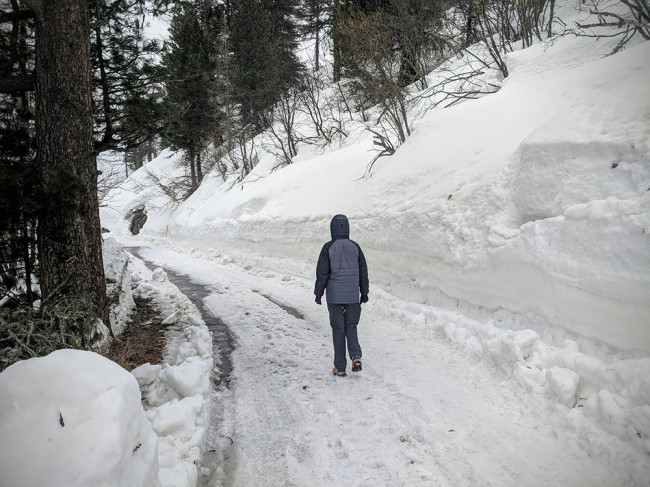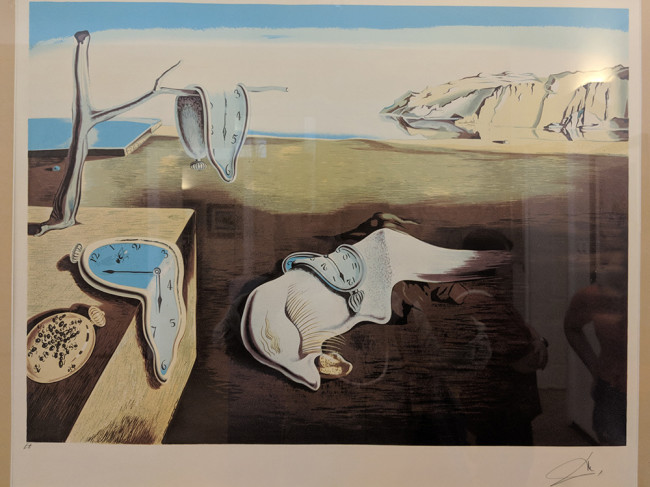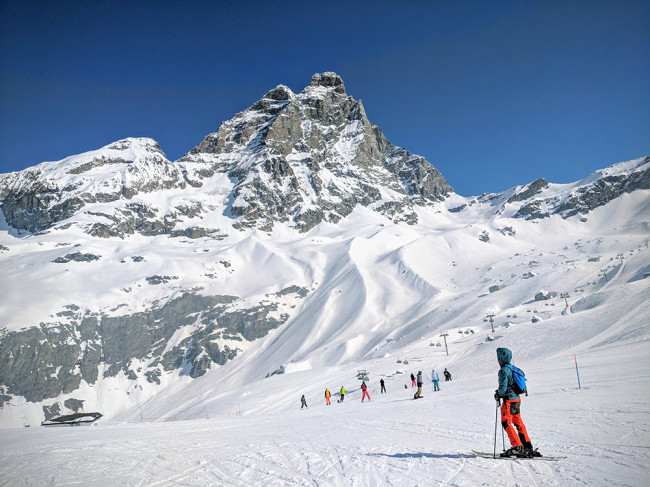Welcome
-
Recent Posts
Recent Comments
- Souvik patra on রুবিকস কিউব (পর্ব ৪) : রুবিকস কিউবের সমাধান
- Al amin on গণিত অলিম্পিয়াডের প্রস্তুতি: কিছু সাধারণ প্রশ্নের জবাব (FAQ): পর্ব ১
- Rakin sadab on গণিত অলিম্পিয়াডের প্রস্তুতি: কিছু সাধারণ প্রশ্নের জবাব (FAQ): পর্ব ১
- MD. Rakin sadab on ফিজিক্স অলিম্পিয়াডের প্রস্তুতি নিয়ে কিছু কথা: ইমরোজ খান (BUET, EEE)
- Riyan on ফিজিক্স অলিম্পিয়াডের প্রস্তুতি নিয়ে কিছু কথা: ইমরোজ খান (BUET, EEE)
Archives
Categories
-
Links
Monthly Archives: April 2018
Open Road: Lessons from a Month Long Europe Trip
As I caught flu right at the end of my month long trip of Europe and decided to take a few rest days, I got some time not only to process this trip but also to reflect on some of the key experiences. While I still have a lot to process (and a lot to write about many of the crazy experiences), here are some of the key insights:
Things will go wrong, but that is okay:
The day plan you made will not work out because there is a huge line of tourists in front of you, you won’t be able to ski all of the days because lifts will be closed due to a storm, or heck you will get sick and need to stop everything to take care of yourself. All of these are okay and must be expected because like everything in life things will go wrong and you need to plan around them.
You will have good and bad days, but ultimately your happiness depends on yourself:
This is also a general philosophical point, but an important point to remember while traveling–happiness depends on the mental framework more than anything. As it is famously quoted in psychology: “happiness is the difference between your expectation and reality”, so learning how to fine tune expectation in accordance with reality is something that is hard to master, but worth trying to learn to make the whole experience more pleasurable.
Despite a packed schedule, stop and soak in the experience:
You will always have more things to do and more things to see–especially when you are trying to visit 17 cities in 30 days. However, it is important to stop for a minute to soak in that incredible art piece by Dali and read the Wikipedia article on it. Similarly, it is important to stop for a second to appreciate the history and the vibe of a place.
Be radically self-reliant:
This might sound like a burning man motto (and it is!), but what I mean by this is making sure you have a plan for the worst and you can execute that without a lot of outside help. That could mean things such as writing down emergency contact numbers on a piece of paper (comes handy when you lose your phone!), learning how to navigate unknown city both in digital and analog ways (how do you get back if you lose your phone?), bringing your satellite communicator on the ski slope, and most importantly–learning to take very good care of yourself and your body.
BUT aggressively ask for help from strangers:
It is really reassuring to experience how much good we have around us and how far strangers are willing to go to help you. It could be a small thing such as asking a stranger how to validate the metro card or crazy moments such as losing your phone on the mountains around Swiss-Italian border(!), despite not being able to speak English well (or at all), most of the strangers will try their best to help you.
Communicate with your travel partners:
Traveling solo and traveling with partners are completely different beasts. But if you have someone around, communicating even the smallest details is important. It could be as trivial as you have an ingrown nail or that you are not feeling very well. Tell them, maybe they can help! Constantly communicate your situation and expectations. That will make everyone involved happier and saner.
Make a checklist of basic lifelines and DON’T lose them:
Given I had my whole ski gear and camera gears with me, keeping track of a lot of these things would have been very overwhelming. So instead of trying to safeguard everything (and in the process driving myself insane), I made a basic checklist of three things I must not lose (passport, wallet, phone) and constantly kept track of them. Rest were replaceable.
Remember it is a vacation:
At the end of the day, don’t stress about waking up exactly at 8 am instead of 8:20. Nobody will die if you are 20 minutes late to start your day or if you miss one “must see” attraction. So don’t kill yourself and try to enjoy the whole experience as much as you can.
It is not that I have always been good at following these, but these are some of the key takeaways I will remember on my next trips to make them better.








 Welcome to my blog on education, mathematics, travel, photography, and random stuff. You can find my posts in Bangla and English separately:
Welcome to my blog on education, mathematics, travel, photography, and random stuff. You can find my posts in Bangla and English separately: